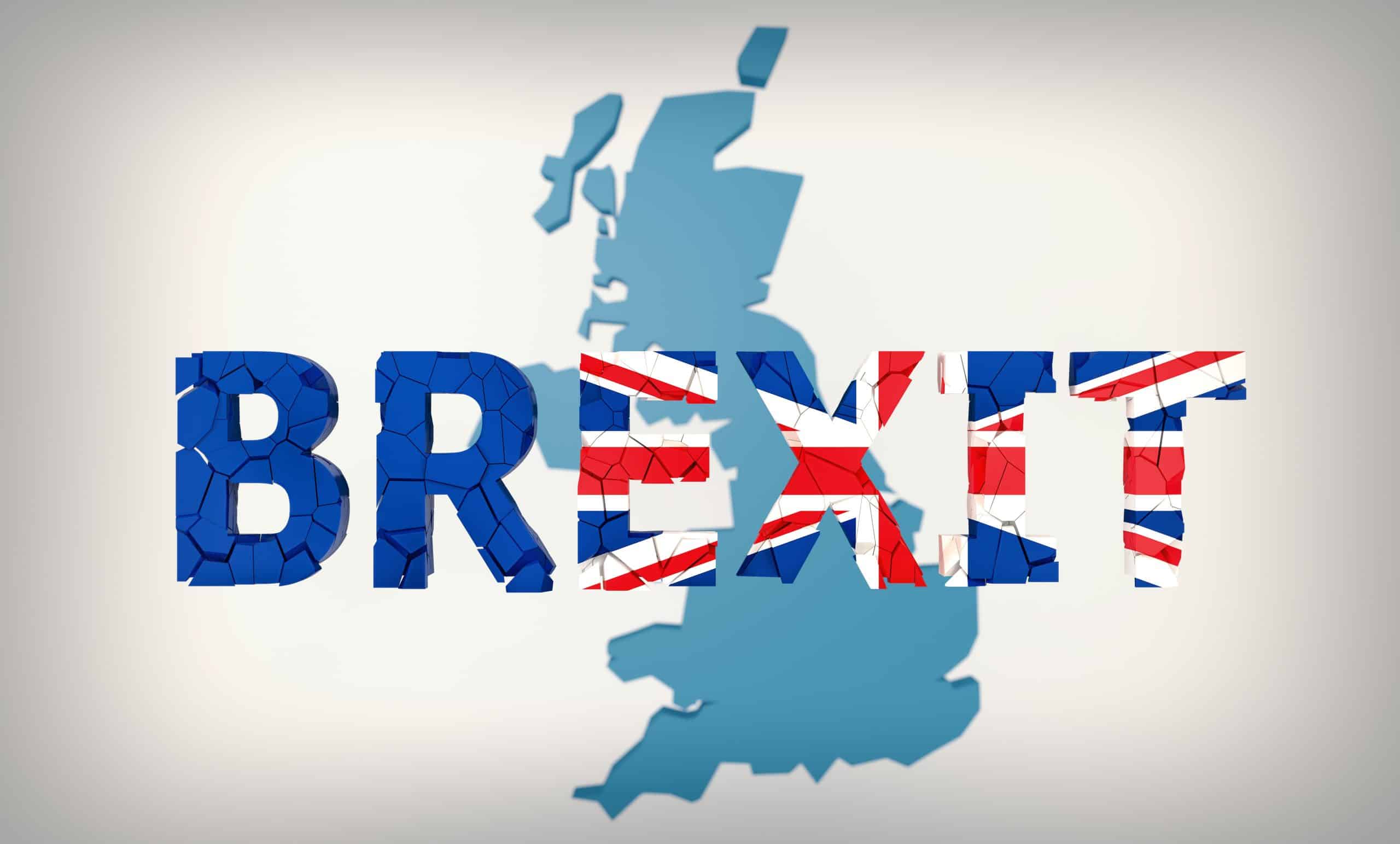Brexit undeniably transformed the economic landscape of the United Kingdom and Europe. Yet, its impact extends far beyond the realm of tariffs, trade deals, and market fluctuations. For EU nationals desiring to form a company in the UK, the post-Brexit period presents a labyrinth of new challenges, opportunities, and requirements to navigate. From migration to labour implications, data handling and more, we’ll explore the detailed intricacies of this terrain.
Trade and Market Impact
The trade impact of Brexit cannot be understated. The UK’s exit from the European Union brought significant changes to the way businesses operate, impacting everything from import/export regulations to the costs of goods and services.
A voir aussi : How can a UK-based mobile app developer ensure compliance with the Digital Economy Act 2017?
Post-Brexit, EU companies looking to operate in the UK have to contend with the nuances of the new trade deal. Bilateral trade between the UK and EU countries now occurs on different terms, particularly affecting tariffs and quotas. While the agreement promises zero tariffs and quotas on goods, it is contingent on goods meeting certain "rules of origin".
The impact on the market is also profound. The UK’s separation from the single market means that EU companies are no longer guaranteed unrestricted access to the UK customer base. This can lead to increased costs, reduced profitability, and a need for strategic repositioning.
Sujet a lire : What specific insurance policies are required for a UK startup in the health sector?
Data Handling and Protection
Data handling and protection is a significant concern for businesses in the modern world. For EU companies planning to operate in the UK, understanding the British government’s data protection legislation post-Brexit is paramount.
Initially, data could flow freely between the UK and EU member countries. However, Brexit disrupted this exchange. Even though the UK has incorporated the General Data Protection Regulation (GDPR) into its own legislation, the Data Protection Act 2018, the European Commission will determine if the UK’s data protection regime is deemed adequate.
If the Commission does not grant adequacy to the UK, EU companies will have to implement additional safeguards for data transfers. This could potentially increase operational costs and complexity.
Migration and Labour
Labour and migration constitute another crucial aspect of the Brexit impact. The free movement of people between the UK and EU countries, a cornerstone of the EU, ended with Brexit, leading to a significant impact on labour mobility.
EU nationals now face stricter migration rules when moving to the UK. These could include visa requirements, sponsorship, and points-based assessments. These changes not only affect potential workers but also companies looking to tap into the UK’s diverse labour market.
Moreover, employment laws have been affected. EU regulations no longer influence the UK’s rules, which could lead to changes in working hours, health and safety, and discrimination laws.
The Irish Question
The Irish conundrum is a unique and complex aspect of the Brexit fallout. The UK’s decision to leave the European Union cast doubts on the relationship between Northern Ireland (a part of the UK) and the Republic of Ireland (an EU member).
The Brexit deal introduced the Northern Ireland Protocol, designed to prevent a hard border between the two Irelands. Although this largely maintains the status quo for Northern Ireland, EU businesses operating here must now consider the dual regulations of both UK and EU law.
Economic Shifts and GDP
Brexit has undeniably led to economic shifts within the UK, many of which hold significant implications for EU nationals starting a company in the country. The UK’s Gross Domestic Product (GDP) initially fell following the Brexit vote, leading to uncertainty about the country’s future economic stability.
However, as the dust settles, opportunities may arise. While the government has faced criticism for its handling of the Brexit process, it has also pledged to support businesses and stimulate economic growth.
In conclusion, the post-Brexit landscape presents a complex array of challenges for EU nationals forming a company in the UK. However, with careful navigation and strategic planning, there are undoubtedly opportunities to be seized in this new era.
Regulatory Changes and Supply Chain Disruptions
The post-Brexit regulatory changes have also significantly affected EU nationals forming a company in the United Kingdom. The UK’s departure from the European Union has necessitated a shift from EU regulations, leading to an overhaul of many existing rules and the introduction of new ones. EU nationals now have to comply with these revised guidelines, which cover areas as diverse as taxation, standards of goods and services, environmental regulations, and more.
Another critical aspect is the disruption of the supply chain. The UK’s separation from the single market and customs union has added complexity to the supply chain management of EU companies operating in the UK. The new trade deal between the UK and EU introduces customs checks and paperwork, potentially leading to delays and increasing costs. These changes have compelled companies to rethink their supply chain strategies, often requiring significant investment and resources.
The transition period offered some leeway for businesses to acclimatise to the new environment. However, with the end of this period, all changes are now fully implemented, leaving no room for complacency. EU nationals must therefore be prepared to adapt quickly and efficiently to ensure the seamless functioning of their businesses.
The Political Scenario and Future Prospects
The political scenario in the UK has also been significantly influenced by Brexit, with implications for EU nationals forming a company in the country. The withdrawal agreement was a contentious issue, causing political upheaval and leading to a change in leadership with Boris Johnson becoming the Prime Minister.
The Brexit deal was finally acknowledged under Johnson’s administration, but not without opposition and controversy. This political instability might engender a level of uncertainty for businesses. However, it’s worth noting that the current government has shown a commitment to fostering a business-friendly environment in the post-Brexit era.
Apart from Brexit, another factor that has significantly affected the business landscape is the COVID pandemic. It has led to disruptions, but it has also encouraged adaptations such as remote working and digital transformations, which can offer potential benefits for new businesses.
Conclusion: Navigating the Post-Brexit Landscape
To sum up, the implications of Brexit for EU nationals forming a company in the UK are varied and complex. They involve navigating through new trade deals, data protection laws, labour and migration rules, economic shifts, regulatory changes, supply chain disruptions, and a volatile political landscape.
However, amidst these challenges, the post-Brexit environment also offers opportunities. The government’s commitment to business growth and the possibilities opened up by adaptations to the COVID pandemic can provide potential advantages for those willing to navigate this new terrain with resilience and strategic foresight.
Ultimately, while Brexit has undoubtedly complicated the process of EU nationals forming a company in the UK, it has not made it impossible. With careful planning and a thorough understanding of the post-Brexit landscape, EU nationals can still find success in the United Kingdom’s dynamic business environment.










